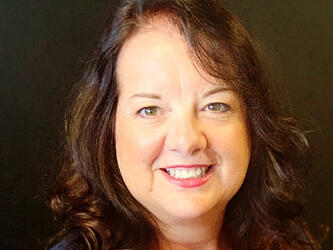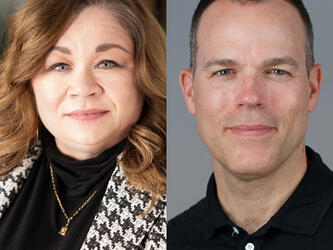CMOR rallies for reform of Universal Service Fund
The USF funds communications services in rural and low-income areas of America by charging telecoms companies a percentage of the revenue they make from interstate telephone calls. This is known as the ‘contribution factor’ and the cost of meeting that contribution is passed on to telephone users in the shape of higher telephone fees.
Currently the contribution factor is determined quarterly, depending on the needs of the programmes the USF funds, but this can give rise to “dramatic fluctuations” in the cost of phone calls, says CMOR. In the second quarter of 2000 the fee was 5.7%; this quarter, however, the proposed fee is 12.3%.
According to CMOR: “The dramatic fluctuations in the USF fee may have minimal impact on an ordinary user’s phone bill. However, on the bill of a survey and opinion research company that does a considerable amount of interstate calling to conduct its surveys, those changes can be dramatic (and, in some cases, catastrophic) – and make it next to impossible to set budgets and set a cost structure for research.”
CMOR’s position is that the ‘contribution factor’ should be set annually, rather than quarterly – though in general it opposes “the imposition of the USF fee as a pass-through charge to telephone users”, with government affairs director Howard Fienberg describing it as “the equivalent of a tax on telephone survey and opinion research”.
Proposed reforms to the USF were debated yesterday by the House Subcommittee on Communications, Technology and the Internet.

We hope you enjoyed this article.
Research Live is published by MRS.
The Market Research Society (MRS) exists to promote and protect the research sector, showcasing how research delivers impact for businesses and government.
Members of MRS enjoy many benefits including tailoured policy guidance, discounts on training and conferences, and access to member-only content.
For example, there's an archive of winning case studies from over a decade of MRS Awards.
Find out more about the benefits of joining MRS here.













0 Comments